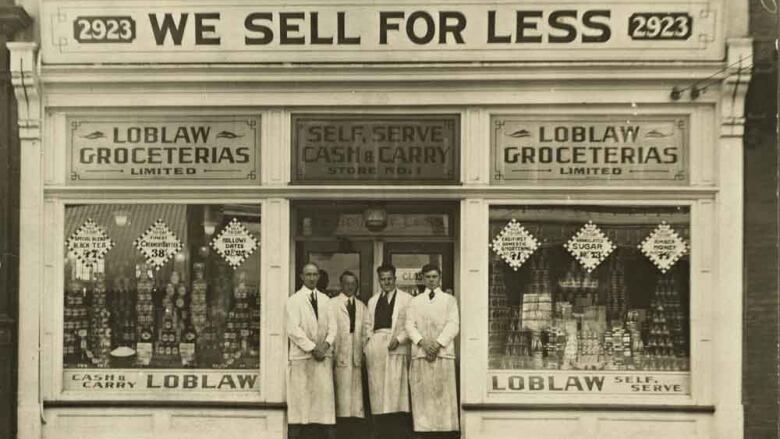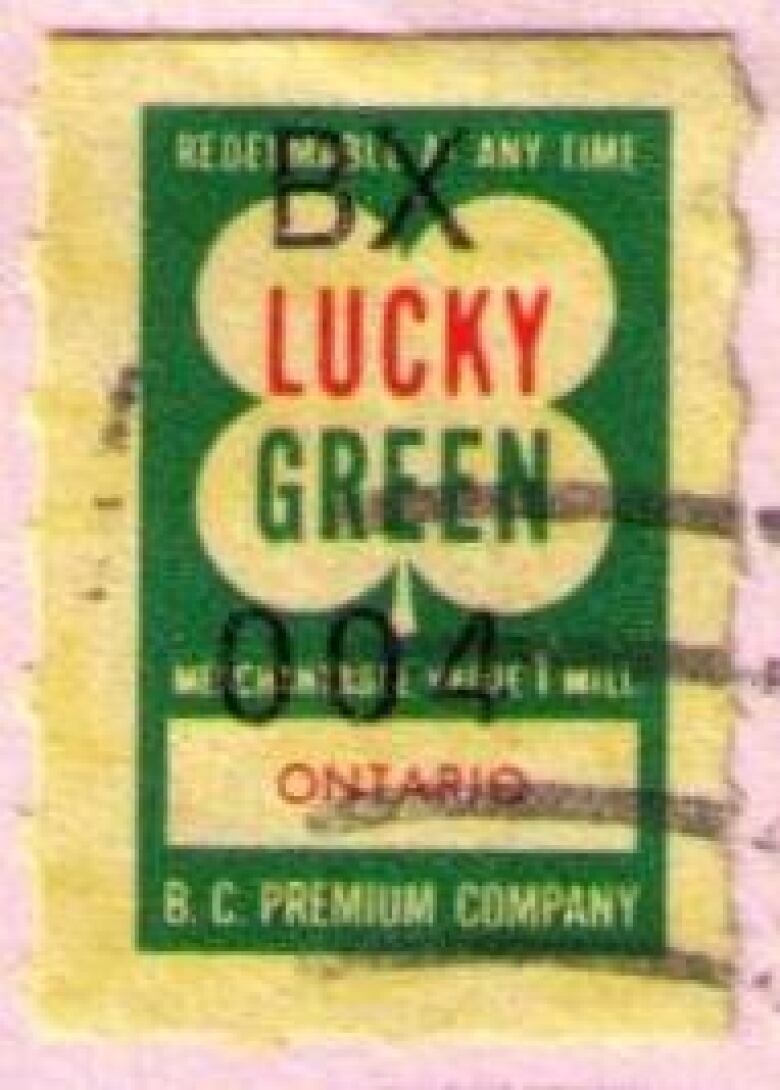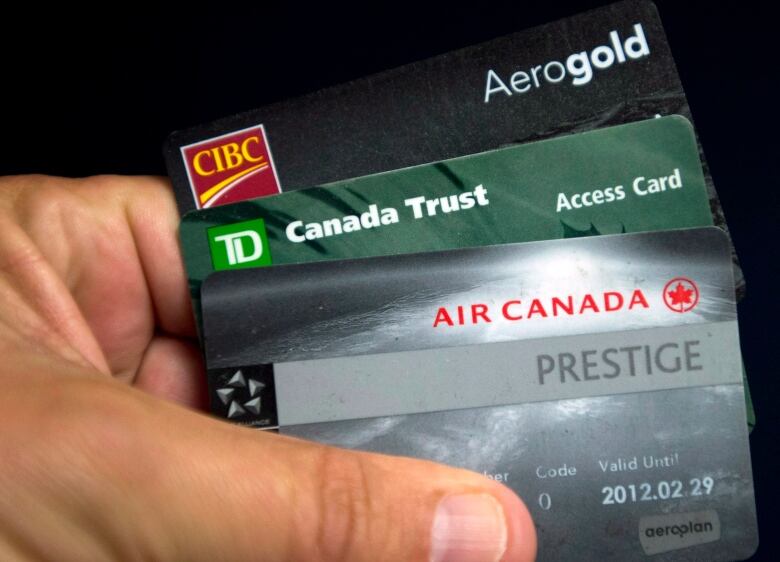Why points just aren't so rewarding: Don Pittis
Poorer value and less brand association spark backlash against programs

"Disgust with the whole system." That's how vice-presidentMel Fruitman ofthe Consumers' Association of Canadadescribes the popular reaction toloyalty programs, following a recent dispute over credit card rewards.
Too much "fine print," shrinking point valueand increasing difficulty claimingrewards mean customers are reconsideringthe benefit of points, he says.
- Aeroplan membership growing faster than seats available, say members
- Credit, debit card firms face new conduct code
Fruitman,who's in his 70s, remembers Green Stampshanded out by grocery stores.Loblaws, now a memberof the President's Choice reward system, used to have Lucky Green Stamps. Shoppers would collect the stamps and paste them into books. Full books could be traded for prizes.
Nowthat you've had that bad experience, it's tainted, it's going to linger.- David Williams
But people got sick of the green stamps, decidingthat the "rewards" justweren't worth the hassle.Fruitmanthinks the current network ofrewards systems is heading the same way.
"I think people are getting tired of it," saysFruitman. "I think they're getting frustrated."
Growing frustration

I had a frustrating experience of my own last weekend.
Our household points expert being away, I found myself in the checkout line struggling and failingto enter a 19-digit number into the store website using my phone, a necessary step before you can collect points at the till. I carry the number in my wallet scrawled onto a scrap of paper. It had worn off my key fob. From carrying it with keys. (What was I thinking?)
Apparently you cannot get a new fob without changing the number. I've asked.Checkout clerks have repeatedly pressed new cards upon me, but apparently you also have to go onto a website, fill out onlineforms andconvert all your old points to the new number.
Tainted experience
Muttering"I hate points," this time I walked out, in shame, withgroceriesbut no rewards. I did not feel loyal.
"Now that you've had that bad experience, it's tainted, it's going to linger," says David Williams ofthe University ofSaskatchewan's Edwards School of Business.
Williams says one of the most crucial rules for rewards systems is that they should be easy to use. Growing reports of bad experiences, whether on the web or from friends, are turning people off.
David MacDonaldfrom Environicssays that's not what his statistics show. Ten years ago, a survey indicated99 per cent of Canadians belonged to a loyalty program. A recent survey shows that number is still 99 per cent.

Hisonline questionnaireCompare Loyalty Programscreated forLoyaltyOne, the company that runs Air Miles,allows you to do just that, he says. Another site for choosing between plansthathas beencreated by Calgary's Patrick Sojka is Rewards Canada.
A quick poll of acquaintances shows that making use of points requires a certain dedication, or even a certain type of personality. The true pointenthusiasts seem to belong to loyalty programs everywhere they shop.
While most of usbelong to one or moreprograms, that doesn't mean we use them or feel any sense of loyalty, says Andrew Ching, who's researchinga European "coalition"program.
Ching, a professor at theUniversity of Toronto's Rotman School of Management,says coalition systems like Air Milesor these days,Aeroplanare not connected to any one merchant or service.
Looking for real value
Ching says that unlike Second Cup free coffee stamp cards or evenAeroplanwhen it was strictly a frequent flyer plan, his research indicatescoalition programs make it harder for customers to know whether they aregetting real value.
Certainly rewards don't pay as well as they used to. One of Canada's oldest existingsystems,Canadian Tire money, onceearned fivecents per dollar spent. That has shrunk to half a cent on the dollar.
MarkusGiesler,a specialist in a field called "market experience design," says that about 20 years ago, marketing experts hit upon the idea of using the concepts of love and relationships to describe merchants'links withcustomers to keep them coming back.
"That used to work for a while," says Giesler who teaches at York University's SchulichSchool of Business. But he says as consumers understand more about the huge advantages retailers gain from the consumer information they gather through loyalty programs, they are questioning the fairness of reward systems that seem to offer less and less.
Giesler says merchants are desperate for the data that they collect through rewardprograms, and growing discontent is sending a strong signal that loyalty plans need to be redesigned. It may be a time for consumers to demand more. Like good service, qualityandprices.
And while millions of Canadians are still addicted to points, that doesn't mean all loyalty programs will continue to survive.
"Some are going to transform," says Giesler. "Some are going to die out."












_(720p).jpg)


 OFFICIAL HD MUSIC VIDEO.jpg)
.jpg)



























































































